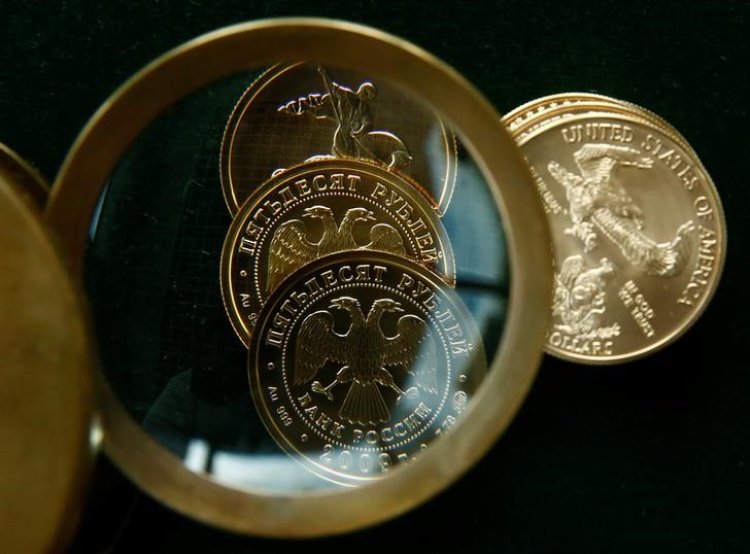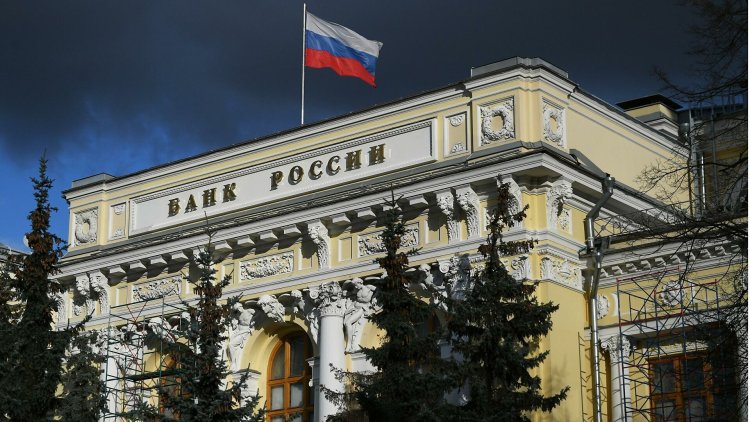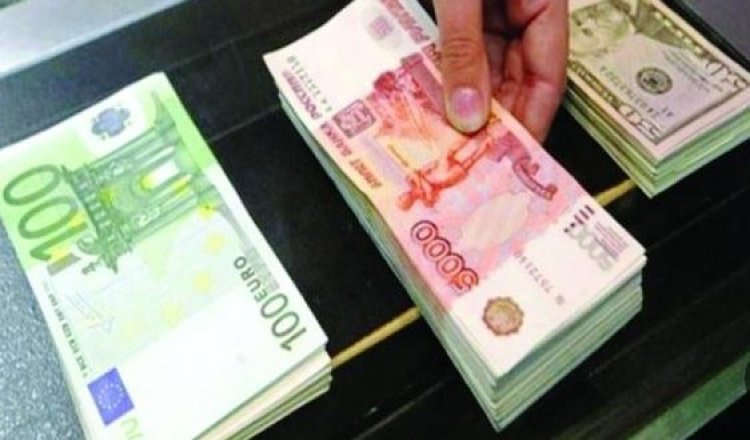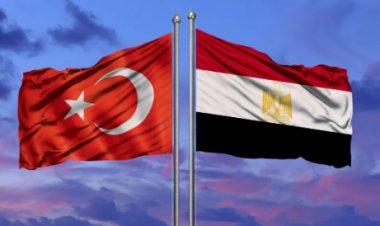Why did Russia adopt the Egyptian pound among the official currencies?
Moscow decided to adopt a number of official currencies for its trading partners, including Egypt, in a move aimed at dealing a severe blow to the dollar.
The Russian-Ukrainian war, which has been going on for nearly a year, has imposed great economic challenges and alternatives on Russia.
After the sanctions imposed by Western countries on Moscow, it searched for solutions to confront the crisis through its international partners.
• A move by Russia boosts the value of the pound
Moscow did not stand idly by and decided to deal a strong blow to Western countries, especially the United States of America and its currency.
Moscow decided to adopt a number of official currencies for its trading partners, including Egypt, in a move aimed at dealing a severe blow to the dollar.
In a new step, a Russian official revealed that Moscow is considering supplying Russian grain to Egypt in exchange for the ruble, as was the case with Turkey.
Russian Deputy Prime Minister Victoria Abramchenko said that Turkey had paid for the supply of Russian grain in rubles.
Moscow decided to adopt a number of official currencies for its trading partners, including Egypt, in a move aimed at dealing a severe blow to the dollar.
In a new step, a Russian official revealed that Moscow is considering supplying Russian grain to Egypt in exchange for the ruble, as was the case with Turkey.
Russian Deputy Prime Minister Victoria Abramchenko said that Turkey had paid for the supply of Russian grain in rubles.
She pointed out that Russia is currently studying the possibility of carrying out similar supplies to Egypt.

She explained that Russia has not yet switched to payments in national currencies systematically, but "this is the prevailing trend."
Abramchenko added that the Bank of Russia is currently negotiating with the central banks of other countries in order to establish mechanisms for such mutual settlements, and this applies not only to food supplies, but also to supplies in other areas.

• Egypt's largest partner in the field of food supplies
She pointed out that Egypt is Russia's largest partner in the field of food supplies, and Moscow is beginning to discuss such a transfer and submission with Egypt as well, as happened with Turkey.
Abramchenko emphasized that cereals and oil and fat products currently enjoy the greatest demand.
She added, "We do not currently sell oil and fat products for rubles, but we are discussing this issue, as settlements in rubles are one of the priorities."

A large number of Egyptian economists had welcomed the Russian Central Bank's decision to include the Egyptian pound among the currencies that are dealt with.
This step reduces the demand for the dollar in the local market, and enhances the value of the Egyptian currency, especially if the Russian and Egyptian currencies are adopted in trade exchange between the two countries.


 Shrouq
Shrouq 











